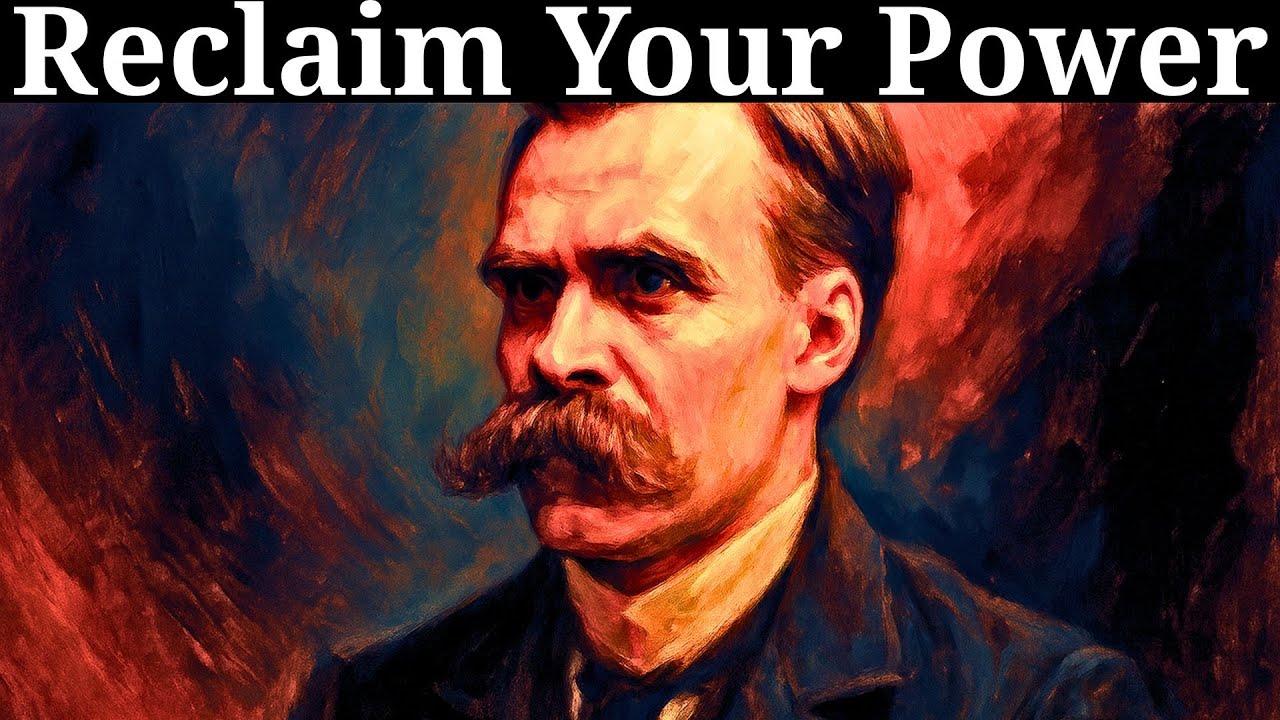The video discusses Friedrich Nietzsche’s idea that true power and independence arise when individuals stop seeking approval from others, allowing them to embrace their own values and creativity. It offers practical strategies for cultivating self-validation and highlights the importance of shifting from an external to an internal locus of control to achieve a more authentic and liberated life.
The video explores Friedrich Nietzsche’s provocative idea that “you become dangerous the moment you stop needing approval.” It begins by addressing the common human tendency to seek validation from others, which can stifle creativity and personal growth. The speaker emphasizes that this need for approval, while rooted in our evolutionary history, often limits our potential in modern society. Nietzsche’s philosophy encourages individuals to question societal norms and embrace their own values, ultimately leading to a more powerful and liberated existence.
Nietzsche, a 19th-century German philosopher, challenged the prevailing ideas of his time and advocated for independent thinking. He believed that true power emerges when individuals are no longer controlled by the opinions of others. The video explains that when someone stops seeking approval, they become immune to societal pressures and manipulation, which can be threatening to established power structures. This independence allows individuals to create their own values rather than conforming to the expectations of the “herd.”
The video also discusses the psychological shift from an external to an internal locus of control, which is essential for breaking free from approval-seeking behavior. Those with an external locus of control feel their worth is determined by others, while those with an internal locus of control recognize their ability to shape their own lives. This shift leads to greater happiness, resilience, and a sense of self that is less fragile and more grounded in personal values.
To help viewers cultivate greater independence, the video offers practical strategies, such as identifying approval patterns, questioning fears, practicing small acts of authenticity, and developing self-validation rituals. It emphasizes the importance of surrounding oneself with supportive individuals who value authenticity over conformity. The speaker encourages viewers to distinguish between seeking useful feedback for growth and seeking validation for self-worth, ultimately fostering a healthier relationship with external opinions.
Finally, the video addresses common misconceptions about independence, clarifying that it does not mean disregarding feedback or becoming antagonistic. True independence involves making choices based on personal values rather than external expectations. The journey toward independence is not linear, and individuals may occasionally revert to old patterns. However, the overall goal is to reclaim personal power and authenticity, leading to deeper, more meaningful relationships and a life guided by one’s own inner compass. The speaker invites viewers to take small steps toward this freedom and embrace the courage to be authentically themselves.
